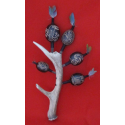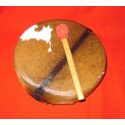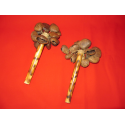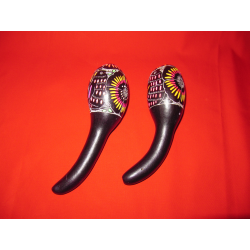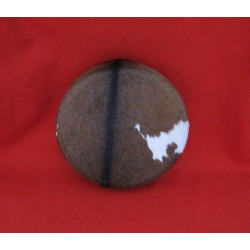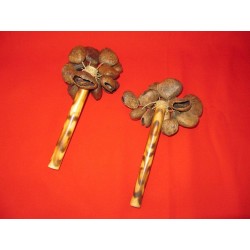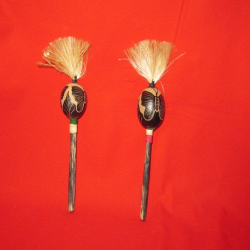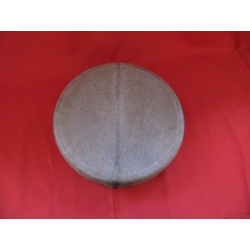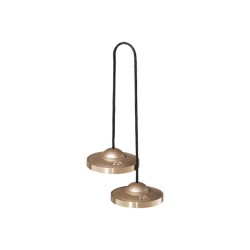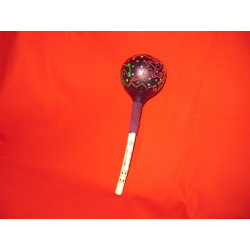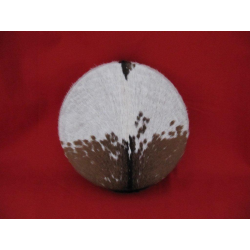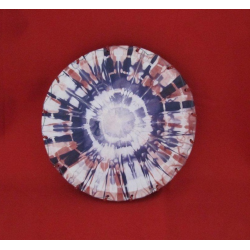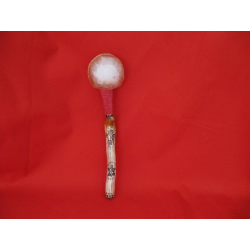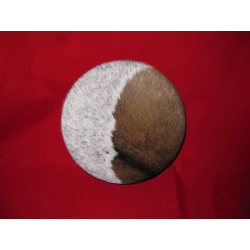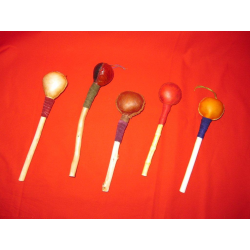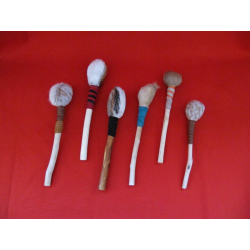Keine Artikel
Intrumentos Chamánicos
Katalog
The word "shaman" originally referred to traditional healers of Turkish and Mongolian areas of Asia (Siberia) and north-central Mongolia. Shaman means 'doctor' in Turkish-Tungus-means literally 'one who knows'. Other scholars say the word comes directly from manchú.4 In Turkish language were called kam and sometimes Baksi. The word comes from th...
The word "shaman" originally referred to traditional healers of Turkish and Mongolian areas of Asia (Siberia) and north-central Mongolia. Shaman means 'doctor' in Turkish-Tungus-means literally 'one who knows'. Other scholars say the word comes directly from manchú.4 In Turkish language were called kam and sometimes Baksi. The word comes from the Tungus saman shah Chinese men taken from Pali, samana, and ultimately from Sanskrit sramana 'ascetic' which comes from 'fatigue, effort' srama. The word passed through the Russian and German before it was adopted by the English, shaman (/ shaman /), and reached the Spanish, where "shaman" (plural, "shamans") is correct in both male and female . Another explanation discusses the fact that this word contains the sha- Tungus root, which means 'to know'. The shaman would then 'he or she who knows'. As well as in South and North America they have their roots, leading us to a long explanation. In common usage, it is equivalent to a witch, a term that combines the two functions of the shaman: knowledge of magical knowledge and ability to heal people and to repair a problematic situation. However, the latter term is generally considered pejorative and anthropologically inaccurate. Objections to the use of the word "shaman" are given for being a word that comes from a place, a people, and a system of specific practices. As well as in South and North America have roots, we think that shamanism has existed since man lived in caves and therefore is not attributable to any particular culture. But with everything that has to do with healing and contact with nature through music and rituals. Therefore the instruments of this section, are suitable instruments for any music, but we collected the experiences of several shamanic cultures manufacturing them by a skilled craftsman in these cultures, each instrument has unique shape and are made at a given time and working only with natural raw material, skins, antlers, feathers, seeds, wood, etc. For this reason the products that show you are the closest thing to what you are going to buy, but some may vary from the picture you see.
Intrumentos Chamánicos Es gibt 21 Artikel.
Unterkategorien
Maraca Chamánica
Panderos Chamanicos
shamanic rattles
Special rattles for shamanic sounds. Perfect for your rituals.Therefore the instruments in this section, instruments are suitable for any music, but we have picked up the experiences of several cultures shamanic making tubes by an expert artisan in these cultures, each one of the each instruments has unique shape and are made in a given time and working only with natural raw material, skins, horns, feathers, seeds, wood, etc.
Maraca Chamanica Bird
59,00 €Pandero Chamánico Frontera
120,00 €Sonajas chamánica
25,00 €Maraca Chamánica Mariposa
49,00 €Pandero Chamánico Libra
120,00 €Crótalo Profesional Meinl
PROFESSIONAL FINGER CYMBAL High pitched and cutting, pure ping sound
18,90 €Maraca Chamánica Mono
65,00 €Pandero Chamánico Volcan
120,00 €Maraca Chamánica Fuego
57,00 €Pandero Chamánico Vibra
138,00 €Maraca Chamánica Tortuga
56,00 €Pandero Chamanico Luna
140,00 €Maraca Chamánica pequeña piel
45,00 €Maraca Chamánica pequeña pelo
45,00 €


